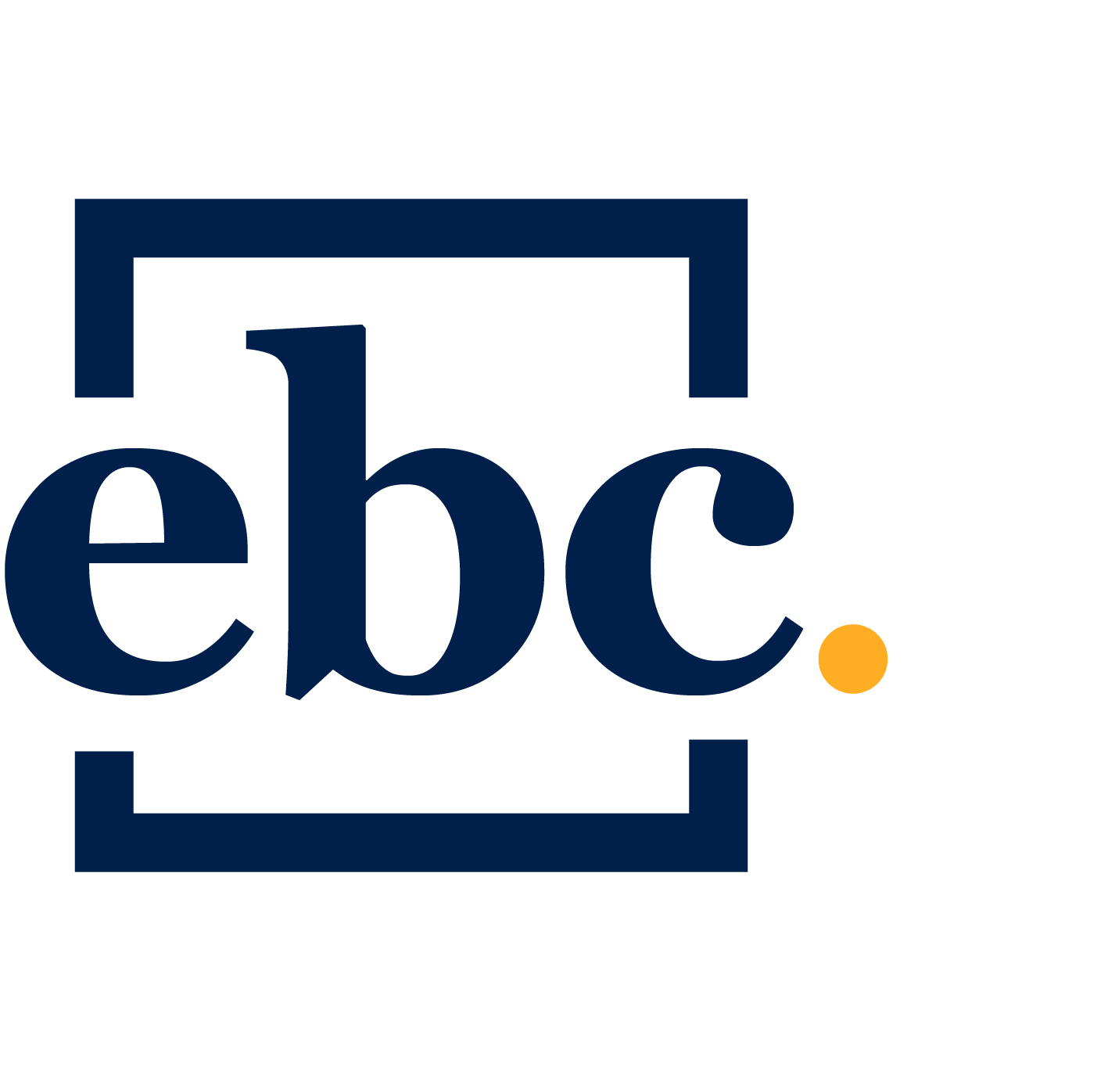How Much of Your Paycheck Should You Start Saving?

Written By Jay

We all know that saving money is important but how much of your paycheck should you save? A common recommendation is that 20% of your paycheck should go toward your savings.
This recommendation may or may not work for you, or rather, may or may not be ideal. There is a comfort in assigning a simple percentage but the fact is that there is more that needs to be considered.
Don’t make the mistake of blindly following a percentage based savings plan. At best doing this will help you save but perhaps not as much as you need. At worst you may find that 20% is too much and become discouraged and quit altogether.
Developing your own plan according to your own needs will do more for you than any cookie cutter plan. It will also help you learn about your own financial situation and what you need to do to reach your goals.
Paycheck Savings: Table of Contents
What are your goals
Do you have aggressive savings goals or a lot of debt to pay off? This will affect how much of your paycheck you should save.
The first thing that should be done when deciding on a savings goal is to figure out just how much money you have available to save. To do this you’ll need to budget. If you’ve never budgeted before, read our post on how to create a budget to get started. You can also learn how to make a budget in Excel or, if you want to skip the hard part, you can get the free budget template that we make below:
Once you have your budget tool of choice, fill out everything with your expected income and expenses. You will find out how much you pay in fixed expenses like rent, variable expenses like gas, and discretionary expenses like eating out. What you’ll be left with is what you have available for savings, investing, and paying off debt.
If this amount isn’t as much as you were hoping, the first place to look is your discretionary spending. Are you spending a lot on coffee shops, eating out and entertainment? These are easy places to reduce spending and increase your savings potential. Maybe this is more than 20% and maybe this is less. Either way, this is your amount and you have control over it.
Do you have debt?
Savings is going to do you less good if you have significant debt charging you interest every month. What exactly do I mean?
Saving for an emergency fund, while still important, should not be your sole goal if you have several thousands of dollars in debt accruing interest. Your priority should be paying off that debt as soon as possible to avoid having to pay hundreds of dollars extra in interest.
Simply put, debt that is charging you interest (almost all debt) is a slow but substantial leak in your finances that is going to undermine everything else that you do. To combat this, make paying off your highest interest debt your top priority.
Emergency fund
Make sure to prioritize an emergency fund if you do not have one. Even if you do, is it where it needs to be? Typically, you’ll want to have at least three months of living expenses saved up, just in case. This is your safety net and allows for you to deal with unexpected expenses and still stay on track with your financial goals.
One common unexpected expense that comes to mind is anything car related. Regular maintenance, like brakes, can be surprisingly expensive and is something that needs to be done.
Putting off items like this can not only be even more expensive in the long run but can be dangerous, as well. Having a healthy emergency fund in place for things like this helps ease the financial blow and keep you from resorting to credit cards or pulling out of investments to cover costs.
Other savings
Include all forms of savings that you would like to contribute to, even the less obvious. Holiday savings and various sinking funds are just a couple of examples of savings that may slip under the radar if you are focusing only on your emergency fund, for example.
You are going to want to allocate your available savings to all relevant accounts. Your goals will help you prioritize which accounts will get more or less of your allocations.
If your debt is in order and your emergency fund is well funded, other accounts like various investment accounts or holiday savings may be able to receive more attention.
Investing
Investing, even if you don’t have much money, is still doable while putting money toward your savings.
A good way to trick yourself into investing without noticeably impacting your paycheck is to participate in an employer sponsored retirement plan. Many employers will offer some sort of tax advantaged retirement account that you can contribute to before taxes.
This will reduce your taxable income, thus impacting your take home pay less than if you were to contribute after taxes, and this can be set up to take place automatically.
Many employers will offer to match a certain percentage, as well, which is essentially free money. If you can, I would definitely take advantage of this. This is one way to invest while still having money left over to allocate to savings. Investing like this is where I would start.
How to save more
Despite your situation, you can probably save more than you realize. All you need to do is free up additional money or make more of it. While this may seem like it’s easier said than done, you may be surprised by just how much extra money can be found with a little creativity.
The easiest way to save more money is to spend less of it each month. This is why budgeting is so important. A good budget is going to show you how much of your monthly spending is going toward discretionary spending like eating out, getting coffee, or buying unnecessary items. A budget basically tells you where all your money is going.
To be clear, I am not advocating a life devoid of fun extras, however, making some informed cut backs may be just what’s needed to fast forward to meeting your savings goals. It’s always surprising to see just how much money is going toward relatively small purchases throughout the week.
If after cutting back on unnecessary spending you still find that you are not meeting your savings goals, it’s time to look at strategies to make more money. There are countless ways to make more money right now and many don’t require any extra work.
A few general ideas to get you started include selling or renting items that you don’t use, market unique skills that you already have as a freelancer, or even turn your commute into a money making opportunity.
Create a plan
Once you’ve considered your situation it’s time to create a plan. This is going to be your personal savings strategy that you will follow each month. This is how you will meet your goals.
Now that you know exactly how much you have available to save you can take action to bridge the gap between what you want or need to save and what you can save right now. If you can save $100 each paycheck and you need to save $150 each paycheck, you know that you need to find an extra $50 each paycheck. Maybe you use a savings challenge to help you save that extra $50 or maybe you find ways to make more money. Maybe you do both.
Whatever you do, make sure that it is well informed, strategic, and specific. Don’t plan to save “more,” plan to save “$50 more each paycheck.” This way you can hold yourself accountable. Be realistic but also challenge yourself. You got this.
Summary
While using a guideline of saving 20% of your paycheck can serve you well, sticking to this without really understanding your own personal situation can be setting you up for failure.
Set up a budget and see where your money is going each month and create savings goals to work toward. Once you have these two things in place you will know what you need to save each month to achieve these goals.
Remember, you are in control and know what is going to be best for your situation. Use the tools that you have at your disposal to inform your decisions and execute a plan.
Below are some articles that I think may be helpful to you:
Where is all your money going?
Why you need an emergency fund
12 ways to make more money right now
How to invest without much money
Best savings accounts and funds
I hope you found this article helpful and please feel free to leave any questions or comments below. Happy budgeting!
DISCLOSURE: THIS POST MAY CONTAIN AFFILIATE LINKS AND/OR PAYED PLACEMENT. PLEASE READ MY DISCLOSURE FOR MORE INFO.
Recent Posts
Paycheck Savings: Table of Contents






0 Comments